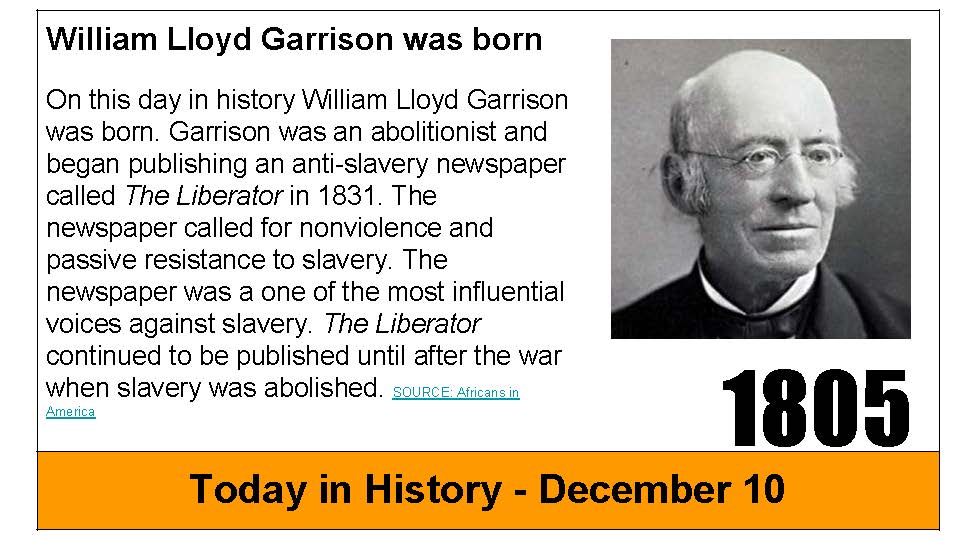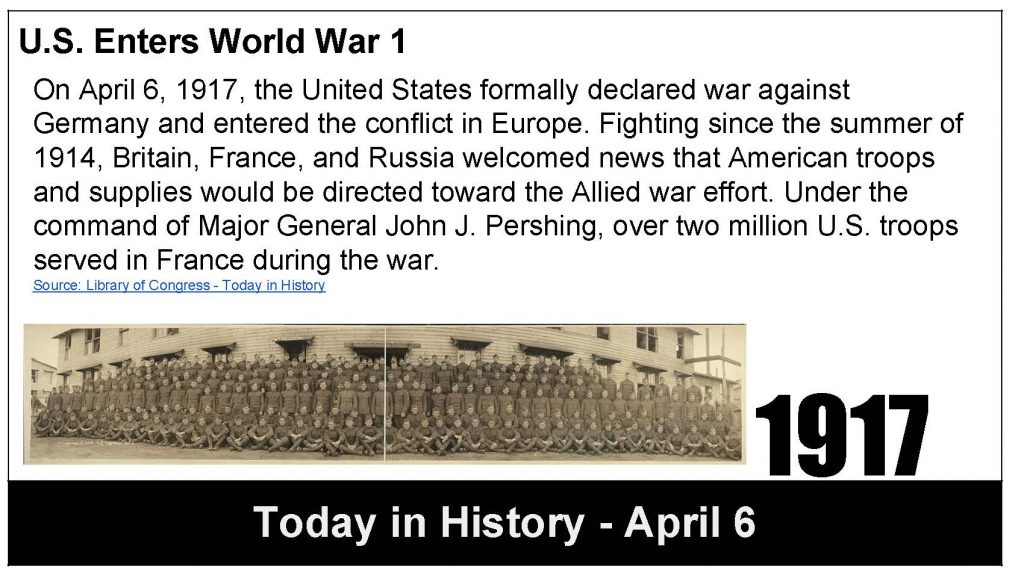Upstander – a person who recognizes injustice in society and works to end the injustice, also known as an activist.
In 8th grade social studies we are wrapping up our unit of study on the American Civil War. Our focus question is:
Was the Civil War a choice or a consequence?
We began the unit by looking at nineteenth century reformers and reform movements – abolition, temperance, and women’s rights. We looked at 36 men and women who stood up against the prevailing attitudes of the day and did what was right. They were Upstanders. Each of the students was assigned a nineteenth century activist and asked to create ‘Today in History’ slide for their date of birth or death. It was an excellent way to expose the 8th graders to people from the past who made a difference.

Some of the people are well-known, others are not so well-known, but they made a difference by calling for and working for the end of slavery, or temperance, or women’s rights.
History is made by people who make a difference. It’s why we study history, so we can be inspired by their acts to make changes in our own time. When we visited the Naper Settlement in December, we learned that only 1% of the population in 1856 was actively working for abolition of slavery. Most people stood by and didn’t take a stand. Today, it seems obvious, however it wasn’t easy to be voice of change.
Even at 1%, we need Upstanders – they affect change and help move our country forward. And it’s not just our country, it’s our community, and our school.
We’ve finished the Upstanders and now we are looking the differences between the North and the South– economically, socially, and culturally. We’ll finish the unit by looking at the reasons for the Civil War and reading Abraham Lincoln’s Gettysburg Address which begins with
“Fourscore and seven years ago our fathers brought forth on this continent, a new nation, conceived in Liberty, and dedicated to the proposition that all men are created equal.”
Upstanders, we need them.
Our next unit is the Immigration unit and the Ellis Island simulation on February 9th. We are always seeking parent volunteers for Ellis Island Day and I’ll be sending out a request in a couple of weeks, so if you are interested, mark your calendar.
Until then remember Lincoln’s words,
The past is the cause of the present, and the present will be the cause of the future.
It’s important to study our past, but it’s more important for us to be engaged in our present.

